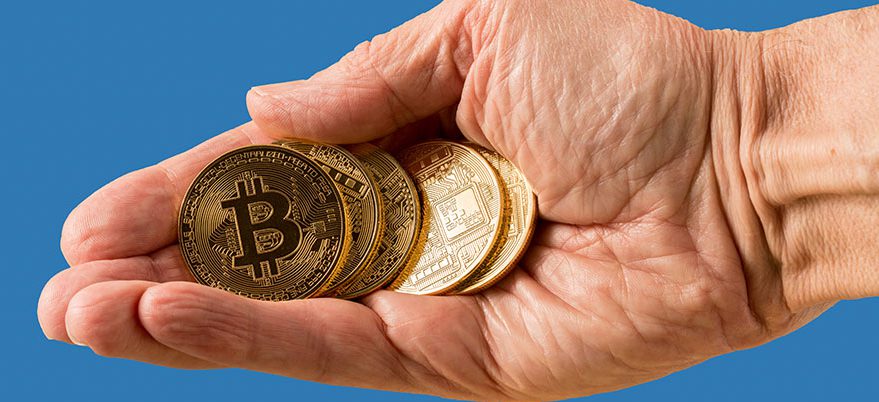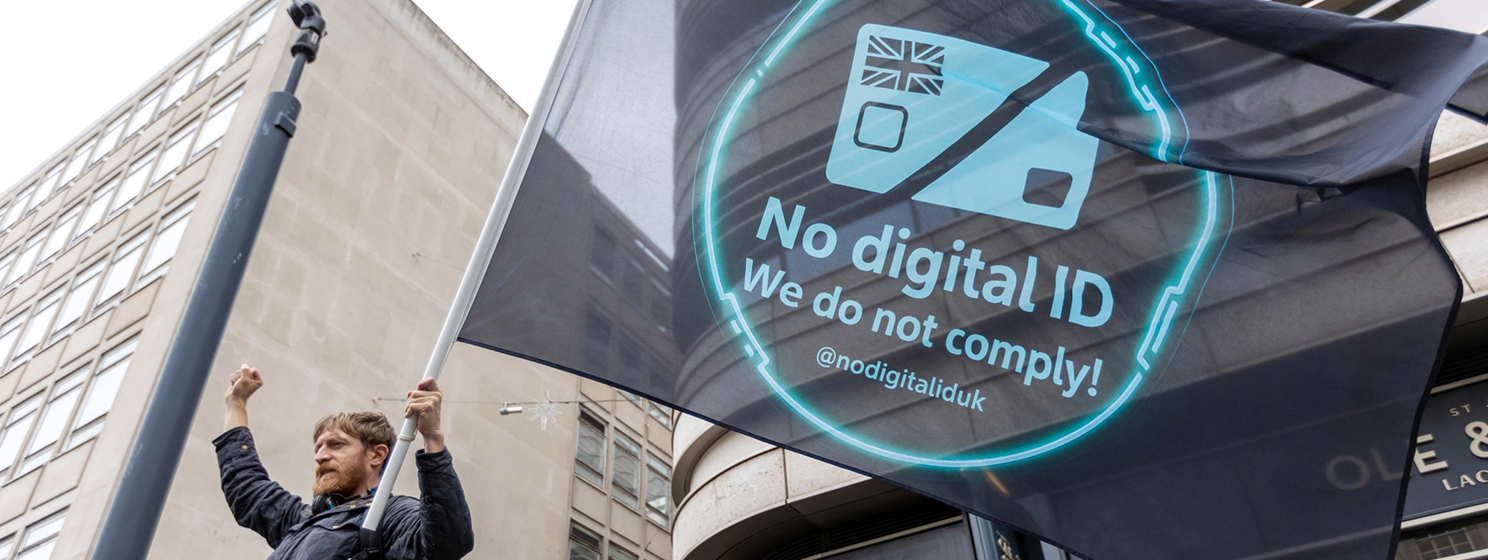|
Getting your Trinity Audio player ready...
|
If you’ve been using Bitcoin recently, you probably noticed that sending the digital currency from one address to another now comes with a hefty price tag.
Data from blockchain search and analytics engine Blockchair showed that the average Bitcoin transaction fee neared $7 in the past week, which, in effect, makes the cryptocurrency barely usable for microtransactions even though cheap transactions are supposedly one of Bitcoin’s biggest selling points.
There are several factors that are contributing to Bitcoin’s high transaction fees, but one of the main reasons is simply because the network’s transaction capacity is still stuck at 1MB of data per Bitcoin block limit. And this “artificial” limit is causing miners to prioritize transactions, forcing users to compete and outbid each other.
This limit, as we all know, has been the subject of debate for many years, with many parties proposing different solutions to scale the network. SegWit, in particular, had claimed that its capacity increase is basically equivalent to raising the block size.
But now that SegWit has activated—and clearly showed that it does very little to scale Bitcoin—where does it leave us?
Into a strange, dangerous territory, according to Medium author Jonald Fyookball.
In a new post, Fyookball said the recent events has resulted in Bitcoin becoming “almost entirely speculative,” with those understanding and buying Bitcoin betting on second layer technologies “to be adopted and favored over alternatives.”
“Long term, I think this could be a dangerous bet,” he wrote, stressing that these second layer technologies, the Lightning Network in particular, aren’t even available for use yet.
In conclusion, Fyookball advised against getting our hopes up that Bitcoin fees will drop soon. After all, “they are high by design,” he said.
Meanwhile, there’s Bitcoin Cash, the new cryptocurrency that split off from Bitcoin on August 1.
Bitcoin Cash promises to increase the block size to 8MB and remove SegWit, while also awarding people who own coins on the main bitcoin blockchain the same number of coins on the new Bitcoin Cash blockchain, effectively giving them a free dividend.
“It is Bitcoin as it was designed, and works beautifully with low fees and fast confirmations,” Fyookball said.

 01-15-2026
01-15-2026 




